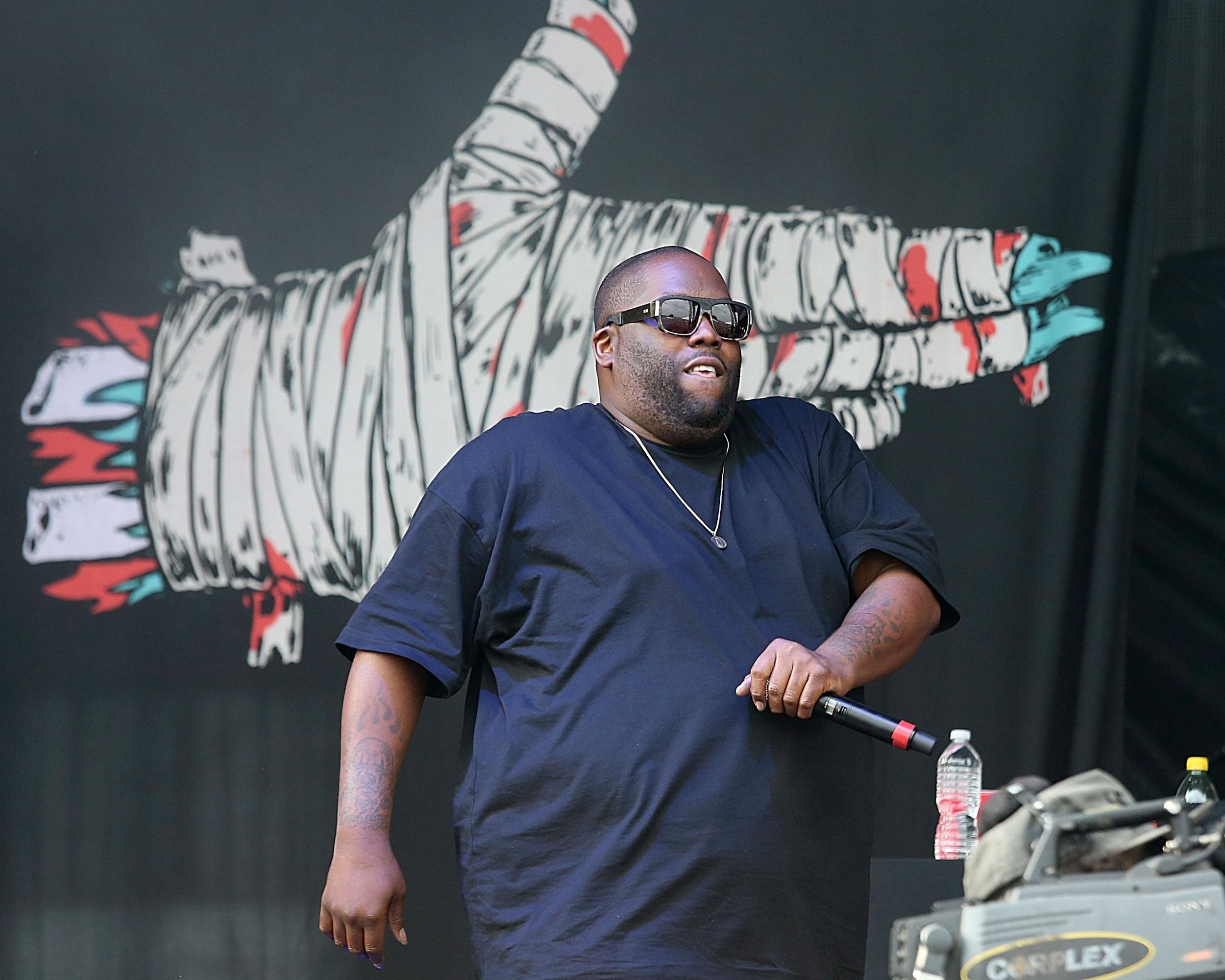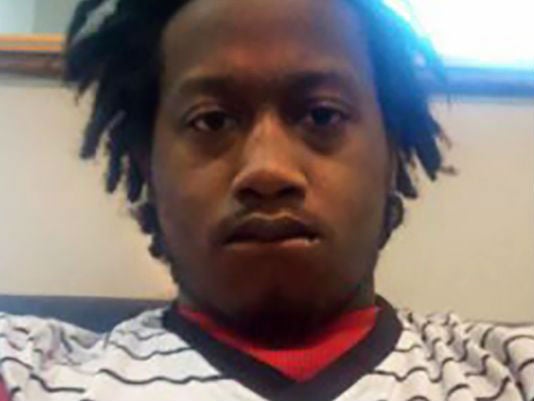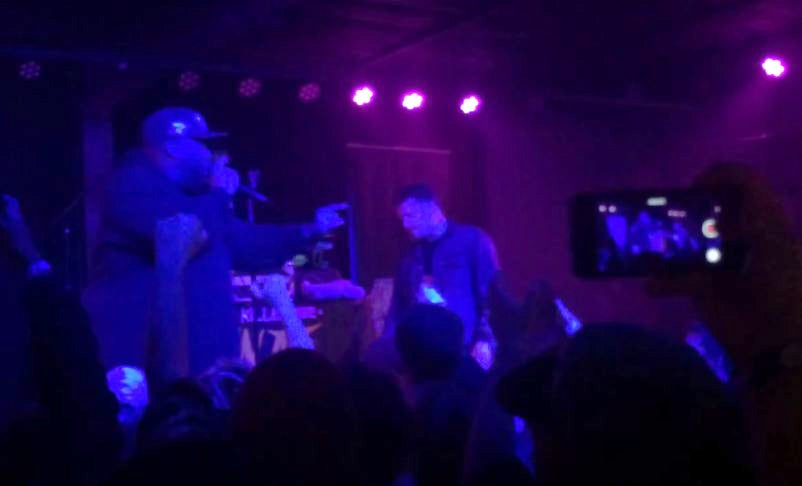The Independent's journalism is supported by our readers. When you purchase through links on our site, we may earn commission.
Killer Mike, Big Boi and T.I. petition Supreme Court for student disciplined over rap song
Three rappers have filed a brief to support the First Amendment rights of a student who was disciplined over a rap song

Your support helps us to tell the story
From reproductive rights to climate change to Big Tech, The Independent is on the ground when the story is developing. Whether it's investigating the financials of Elon Musk's pro-Trump PAC or producing our latest documentary, 'The A Word', which shines a light on the American women fighting for reproductive rights, we know how important it is to parse out the facts from the messaging.
At such a critical moment in US history, we need reporters on the ground. Your donation allows us to keep sending journalists to speak to both sides of the story.
The Independent is trusted by Americans across the entire political spectrum. And unlike many other quality news outlets, we choose not to lock Americans out of our reporting and analysis with paywalls. We believe quality journalism should be available to everyone, paid for by those who can afford it.
Your support makes all the difference.Their music may, or may not be, entirely to the taste of the nine justices of the US Supreme Court.
But three celebrated rappers - T.I., Big Boi and Killer Mike - are hoping their legal arguments, as much as their music, will win over the opinion of the court in an intriguing case that will determine whether or not a school was right to discipline a student over a rap song video he created and posted online.
“I think their taste is more for opera and classical,” Wilbur Colom, a lawyer for student Taylor Bell, told The Independent. “But this is a point of principle.”

The case relates to an incident four years ago when the Mississippi high school student was suspended after writing a rap song and posting it online after several female students told him that some sports’ coaches at their school had acted inappropriately.
Mr Colum said that the student, who was suspended for six days and during which he was sent to an alternative school, had written the song at home and posted on Facebook. The student named the coaches in the song and used the school logo in the video, which reports said was a sticking point officials at Itawamba Agricultural High School.
The rappers have filed a brief supporting the student, suggesting that rap music has a history as music of dissent and that the teenager was expressing himself, as guaranteed by the US Constitution's First Amendment.
“The government punished a young man for his art - and, more disturbing, for the musical genre by which he chose to express himself,” said the brief filed by the rappers including Killer Mike, whose with 2014 collaboration with the rapper El-P, Run the Jewels 2, was a critical success.
Professor Clay Calvert, director of the First Amendment Project at the University of Florida, is also supporting the student.

He said the court had last year heard a rap case, in that instance ruling that violent lyrics contained within a song written and posted on social media by Anthony Elonis, did not necessarily indicate a genuine threat. The court did not, however, consider the issue of freedom of speech in that case.
“This case is also important because the student did this while at home, not while he was at school,” said Mr Calvert. “Schools are extending themselves into people’s homes.”
Enjoy unlimited access to 100 million ad-free songs and podcasts with Amazon Music
Sign up now for a 4 month free trial (3 months for non-Prime members)
Enjoy unlimited access to 100 million ad-free songs and podcasts with Amazon Music
Sign up now for a 4 month free trial (3 months for non-Prime members)
Reports said that after the teenager posted the video online, the allegations against the coaches were not substantiated and no charges were filed.
The New York Times said that the student and his mother, Dora Bell, of Fulton, sued the county school district in 2011. A federal judge in Mississippi upheld the suspension, and they then appealed to a higher court.
A panel of the 5th Circuit court found in favour of the student, but then in the summer, that decision was itself overturned, with judges supporting the position of the school that it believed the speech to be threatening, harassing and intimidating to the teachers. They agreed that the song caused a “substantial disruption” at the school.
Mr Colom said he hoped the court would decide whether or not to take up the case by February. The lawyer said that he was aged in his 60s and that his protest music of choice tended to the likes of Gil Scott Heron.
But he said he appreciated the point made by the rappers about his video his client, who is now aged 22 and raps under the name T-Bizzle. He added: “It was a protest song.”
Join our commenting forum
Join thought-provoking conversations, follow other Independent readers and see their replies
Comments